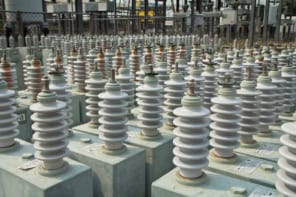
Energy customers in the US would support price rises of 30-40% if billing information showed that their energy supply reduced emissions of both carbon dioxide and sulphur dioxide by 30%. That’s according to an online survey by US researchers, indicating that adding information on emissions reduction to energy bills could strengthen the customer base for cleaner electricity.
“Our work suggests that individuals can be willing to pay a premium if they know that their money is being used to support clean energy sources to address climate and health issues,” says Inês Azevedo of Carnegie Mellon University, US. “Making that link clear could go a long way to building support for lower emissions technologies.”
The survey also showed that an average respondent in the US would accept an increase of 19–27% in their electricity bill for an energy mix that supported a 30% reduction in emissions of either carbon dioxide or sulphur dioxide.
Azevedo and colleagues compiled the responses of 822 US citizens who were asked to compare different energy portfolios. The portfolios were presented as a bar graph showing the percentage of electricity generation coming from coal, natural gas, nuclear power or renewable sources. Using a randomized trial, the team investigated how varying information on climate and health aspects of emissions reductions affected respondents’ support and willingness to pay for alternative energy portfolios.
Respondents were recruited online from across the country and the self-reported demographics were found to be similar to that of the US population.
In future work, the researchers are interested in seeing whether findings would be similar for energy customers in other countries.
“We would like to explore how factors such as actual air quality levels affect respondents’ values toward clean energy,” adds Brian Sergi, also of Carnegie Mellon. “China, for example, has struggled with extremely poor air quality in recent years, and we think it will be interesting to explore whether the salience of the air quality issue has helped to motivate stronger support for emissions reductions.”
The team believes that a better understanding of how the public values decisions in the electricity sector will bolster discussions on clean energy transition.
Azevedo, Sergi and colleagues presented the findings in Environmental Research Letters (ERL).



